Keywords: Unions
There are more than 200 results, only the first 200 are displayed here.
-

AUSTRALIA
- Brian Lawrence
- 14 April 2015
6 Comments
A fair minimum wage has to be fair to workers with family responsibilities, many of whom are currently working poor and living in poverty. But in its 2014 Annual Wage Review decision, the Fair Work Commission decided that the 'appropriate reference household for the purposes of setting minimum wages is the single person household'. This was the first time in more than a century of minimum wage setting that an industrial tribunal has decided that minimum wages should exclude the needs of the low paid with families.
READ MORE 
-
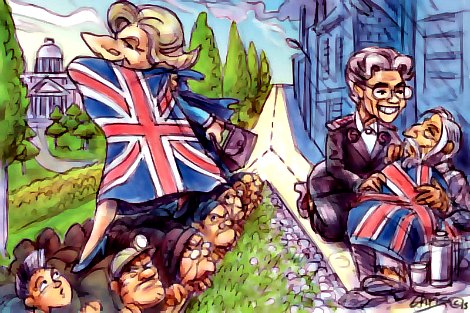
INTERNATIONAL
- Barry Gittins
- 01 April 2015
15 Comments
Former Australian Salvation Army world leader General Eva Burrows, who died on 20 March, tried in vain to engage the former British PM in making the preferential option for the poor. ‘Margaret Thatcher was a disappointment,’ the General said. ‘I felt she didn’t have a deep, true feeling for the poor. I invited her to come out on the soup run indirectly and said it wouldn’t be a media event, we’d go incognito, but the answer was no.’
READ MORE 
-
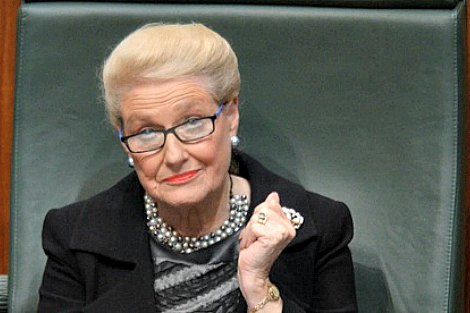
AUSTRALIA
- Frank Brennan
- 09 December 2014
27 Comments
What a dreadful year it has been for parliamentary democracy. Speaker Bronwyn Bishop has taken pride in the number of members she has ejected. Senator David Leyonhjelm has introduced his same sex marriage bill in an orderly fashion, but the decision will rest with the Abbott Government, which won't want to to hand the bouquet for breaking the logjam to Leyonhjelm. To get arrangements for the bearing and nurturing of children right, we need our parliament to be a more considered and dignified place than a battlefield.
READ MORE 
-
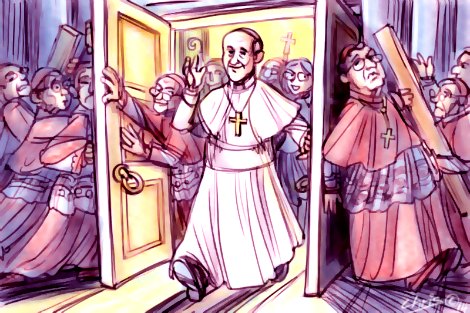
RELIGION
- Neil Ormerod
- 20 October 2014
31 Comments
Conservative elements were quick to criticise the interim 'relatio' of the Synod that opened the door to gay and other estranged Catholics. Undoubtedly there will be pushback, but the Catholic Church is going through something not experienced since Vatican II – a Church willing to debate topics once felt long settled, without fear or favour.
READ MORE 
-
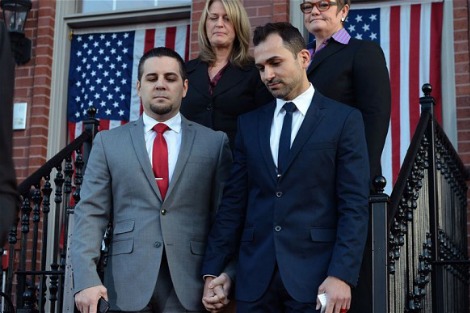
ARTS AND CULTURE
- Tim Kroenert
- 16 October 2014
3 Comments
Mothers-of-four Kris and Sandra had wed before a contingent of family and friends, only to be later advised by post that their marriage was void. Paul and Jeffrey refused to embrace an alternative form of legal recognition of their relationship that would render them as 'second-class citizens'. Their conservative lawyer Ted Olson argues that marriage is a fundamentally conservative institution that would only be strengthened by extending it to same-sex couples.
READ MORE 
-
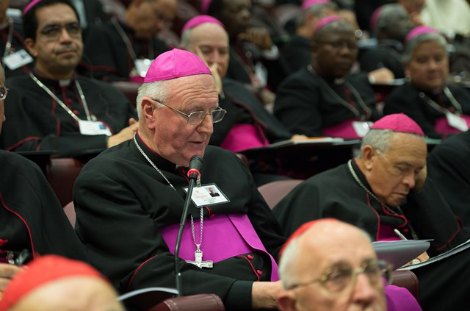
RELIGION
- Paul Collins
- 14 October 2014
49 Comments
Melbourne's Archbishop Denis Hart told Vatican Radio that the Bishops currently attending the Synod on the Family in Rome 'want to engage with people and see the needs of families ... The bishops have been emphasising that we are pastors'. This emphasis indicates Pope Francis' challenge when he asks the bishops to assume the level of leadership necessary to act collegially with him.
READ MORE 
-
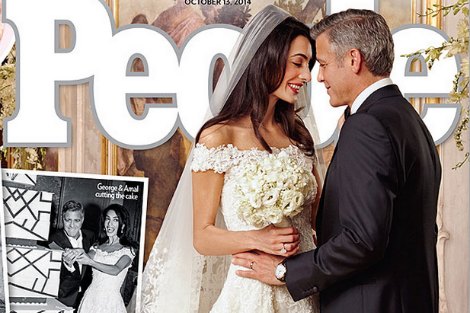
AUSTRALIA
- Ellena Savage
- 03 October 2014
9 Comments
In the few times I have felt distressed by the prospect of some kind of eternal singledom, I have reminded myself of how difficult and suffocating romantic love can be, especially in the belittling shadow of celebrity couplings. My accumulated life data tells me that no-one is a perfect partner, even with 'hard work', and there are many more things to love than some perfect other individual.
READ MORE 
-

EUREKA STREET TV
- Peter Kirkwood
- 01 October 2014
34 Comments
For two weeks from this Sunday, the much anticipated Synod on the Family will take place at the Vatican. Those attending include around 150 bishops, a number of lay experts and 14 married couples. An interested observer from afar is former NSW Labor premier Kristina Keneally, theologically trained and one of the most prominent lay Catholics in Australia.
READ MORE 
-
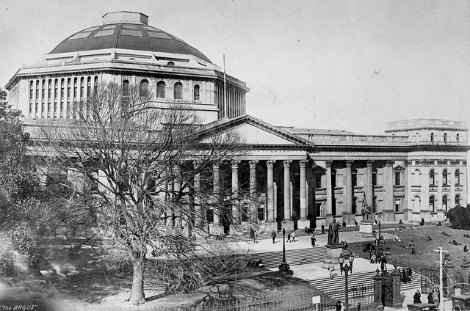
MARGARET DOOLEY AWARD
- Andy Lynch
- 27 August 2014
9 Comments
The kind of Australia we live in today can be directly attributed to the kinds of institutions built 150 years ago - schools, universities, libraries, museums, and more. But in 2014 is it even possible to carve out new public institutions or give new life to those that have waned in relevance?
READ MORE 
-
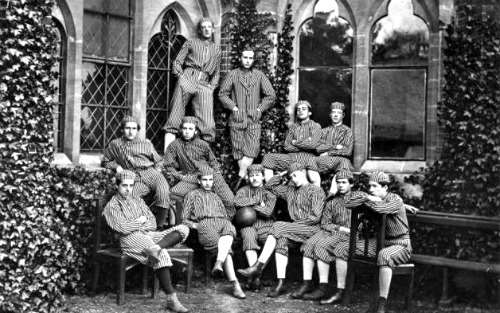
EDUCATION
- Andrew Hamilton
- 11 July 2014
11 Comments
One of the more unlikely pieces of speculation to emerge from the World Cup concerned the origins of soccer in Brazil. A historian of the game claimed that it had been introduced by the Jesuits. According to the thinking of the Jesuits at St Louis School in Itu, near São Paulo, 'all the muscles [would] work harmoniously, and the moral lessons imbibed from sportsmanship [would] be assimilated by the students.'
READ MORE 
-
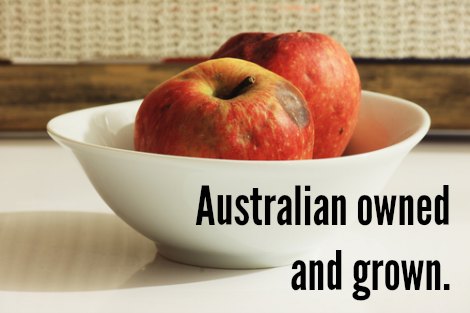
AUSTRALIA
- John Warhurst
- 30 June 2014
16 Comments
We should open our eyes and take in what multiple government inquiries, among them the Royal Commission into Institutional Responses to Child Sexual Abuse, are telling us about Australian society. It is not enough to focus on just one; we should consider the revelations cumulatively. It is little exaggeration to say that almost no major institution in our society, public or private, has been left untouched. We should join the dots and cry.
READ MORE 
-
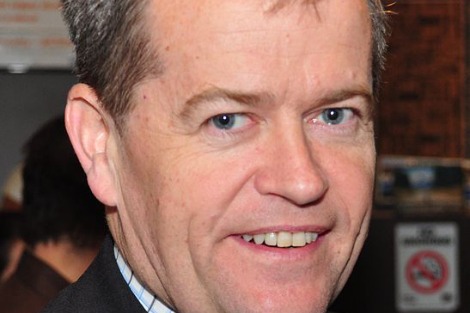
AUSTRALIA
- Fatima Measham
- 19 May 2014
16 Comments
Notwithstanding Kevin Rudd's merit as a candidate, there is no doubt that the unions-led campaign against WorkChoices was pivotal to handing government to Labor. What Bill Shorten has been handed this week in the Federal Budget is several WorkChoices with which to galvanise people. He needed it. His Budget reply offered a glimpse of the sort of Opposition Leader that Australians deserve.
READ MORE 